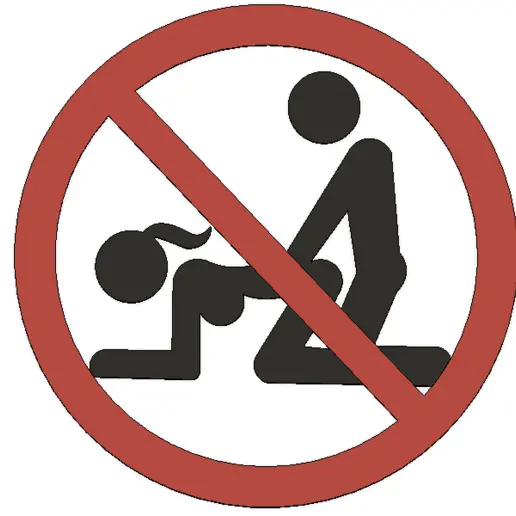Abena Osei-Asare
The Deputy Minister of Finance, Abena Osei-Asare, has asked Ghanaians to vote massively for a second term of President Akufo-Addo to ensure that the economic gains made under his Presidency are not eroded.
The Deputy Finance Minister, who is also the New Patriotic Party (NPP) Member of Parliament (MP) for Atiwa East, made the call while contributing to the debate on the 2020 Budget in Parliament yesterday.
The deputy minister said under the Akufo-Addo government, the country would see monumental growth and development and in the coming year. She said in 2020, there would be more development and massive road sector development as stated in the 2020 Budget.
She said under President Akufo-Addo, a lot of social interventions had been introduced, including the famous free Senior High School policy to ameliorate the sufferings of Ghanaians, while many Ghanaians had been employed in the public sector.
ALSO READ : Gov’t Vows To Deal With Secessionists
According to the Deputy Finance Minister, about 43,000 people had been employed in the various ministries, departments and agencies under the NPP government.
She said in the educational sector, close to 50,000 people had been employed with a little over 48,000 being teachers also employed in the basic and secondary schools.
She said the previous National Democratic Congress (NDC) left behind huge arrears of GH¢1.2 billion under the National Health Insurance Authority (NHIA) but the NPP government, knowing the importance of the scheme, had been able to clear all the arrears and make the NHIA very functional and effective again.
She said there were also arrears of GH¢838 million for the Ghana Education Trust Fund (GETFund) left by the previous government but the NPP government under Nana Akufo-Addo had also cleared those arrears.
The NDC MP for Yape/Kasugwu, John Jinapor, in his contribution, said the only legacy Ghanaians would remember President Akufo-Addo for is what he called his ‘limping’ free SHS under double track system, adding that “Ghanaians are poorer today than before.”
By Thomas Fosu Jnr




















